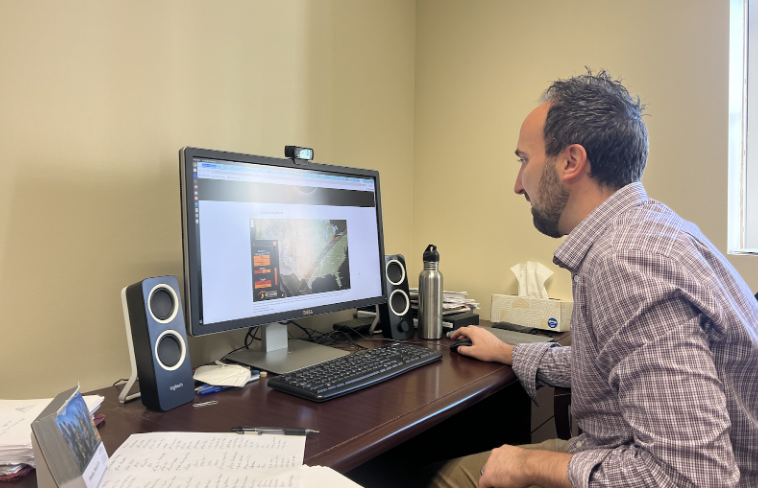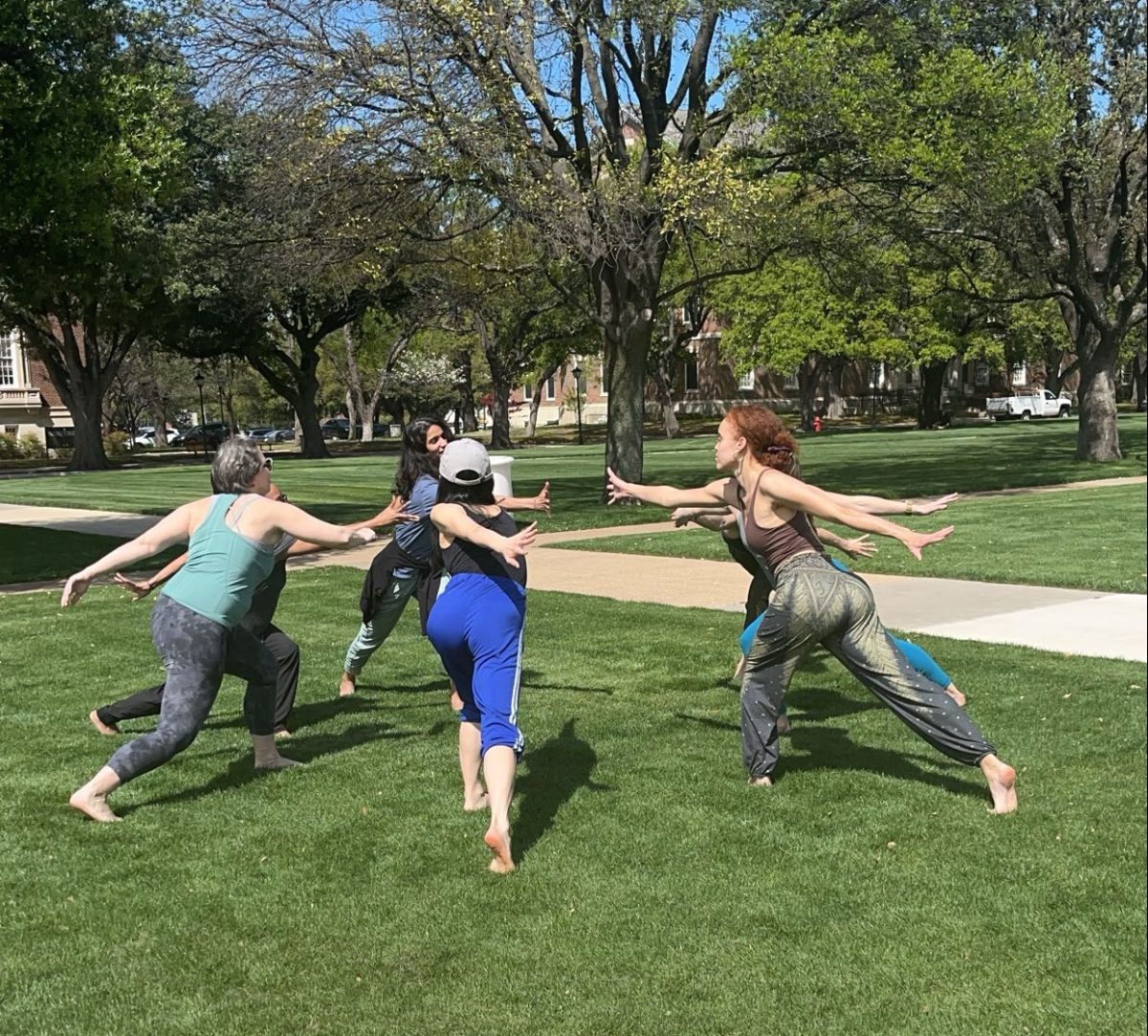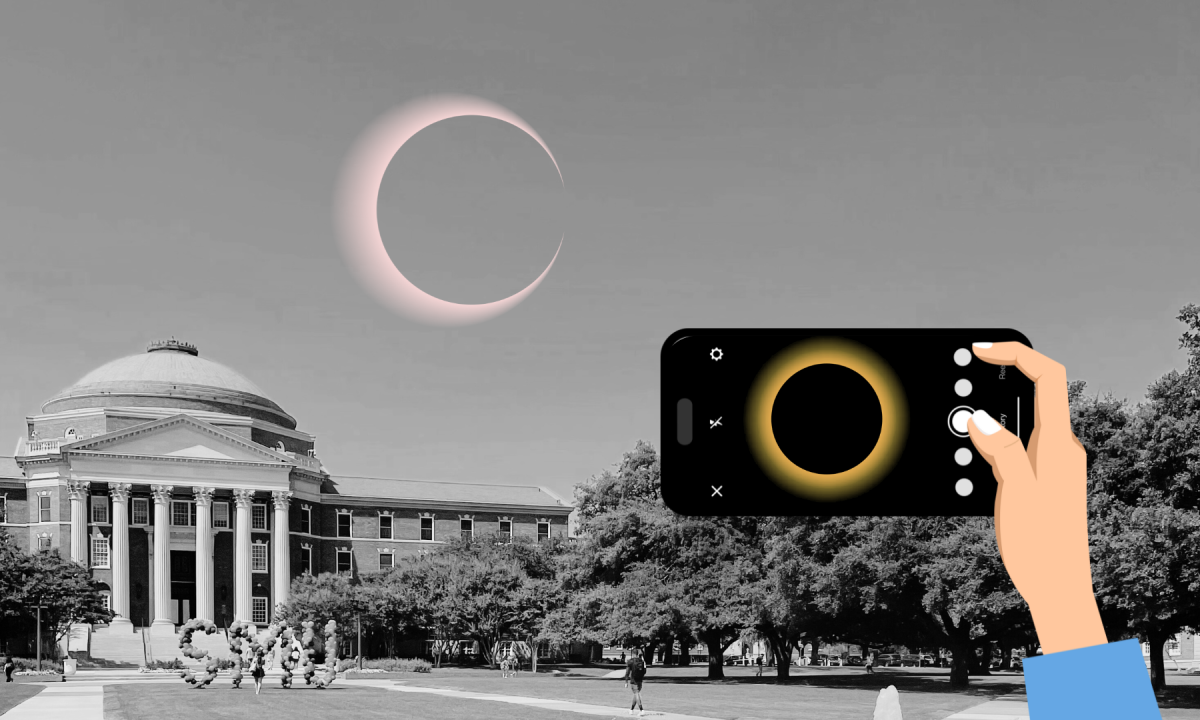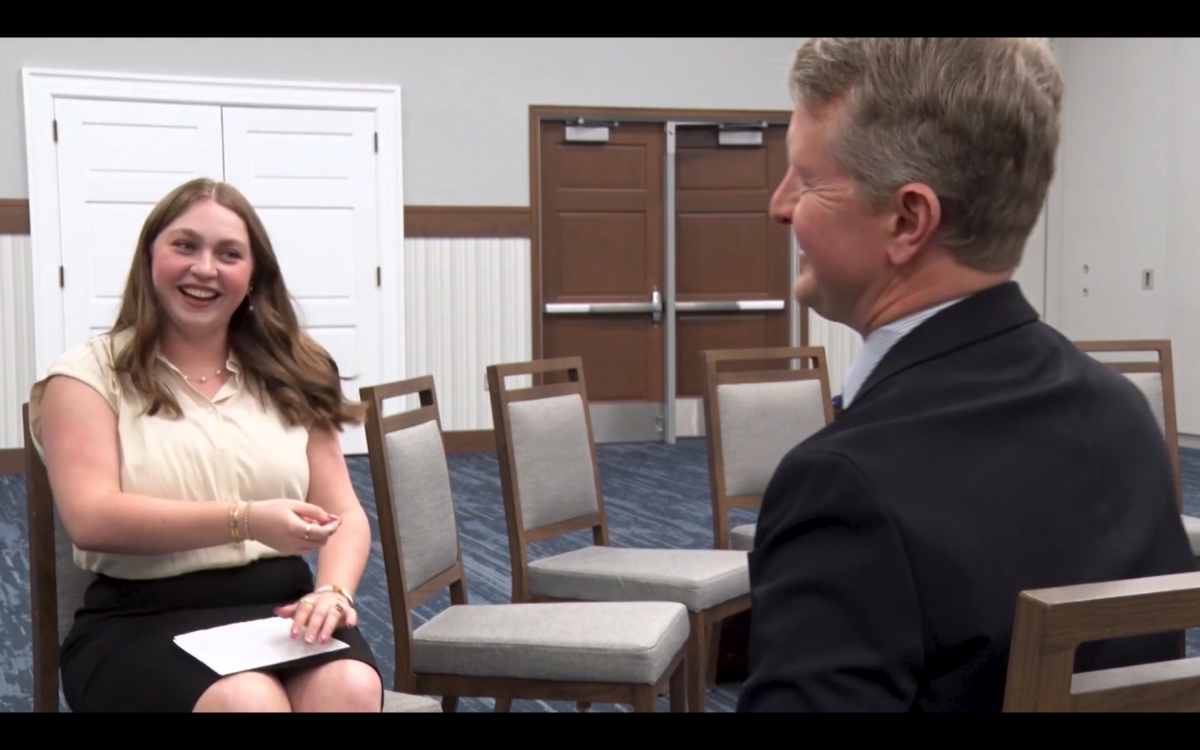It’s 2019, and periods are still treated as taboo. Those who menstruate continue to face enormous challenges when they seek access to pads and tampons. Students Marie Joung and Briana Smith, under the mentorship of Human Rights Post-Baccalaureate Fellow Jessica Pires-Jancose, hope to address this here at SMU.
“Basically our goal right now is to gain student awareness. We really want students to know this Period Project is a student-run initiative to provide free access to menstrual products on SMU campus,” Marie Joung said. Joung has been named a Human Rights Fellow for this project. Right now, she and Briana Smith are talking to a lot of different parts of SMU administration.
Currently, the Period Project has a petition for SMU students to show support for the project. Joung has also started a social media campaign to educate and consolidate support.
“I think we can all agree that toilet paper should be provided in all public and private restrooms,” mentor Jessica Pires-Jancose said. “After all, the urge to use the restroom is a natural and unavoidable bodily function. In the same way, menstruation is a natural and unavoidable bodily function for more than half of the U.S. population. No one can choose when and whether to begin menstruating.”
https://www.instagram.com/p/BxGsWWKnlWw/
There’s only two places on campus that sell pads and tampons. There are a few free emergency pads and tampons in the Women & LGBT Center and Fondren Library’s The Shop. But Joung noted there’s nothing to sustain a large amount of people, let alone free access.
SMU administration has so far expressed interest in the project. However, admin has tasked the Period Project to collect more evidence that the SMU community is interested in having pads and tampons. The question that haunts every project exists here as well: both parties are trying to figure out funding.
“For the sake of funding security, we are looking at a multi-phase rollout,” Joung said. “But that hasn’t been decided yet.”
“After all, the urge to use the restroom is a natural and unavoidable bodily function. In the same way, menstruation is a natural and unavoidable bodily function for more than half of the U.S. population.”
Access on campus
Pires-Jancose thought of the Period Project after organizing the Hope Drive and the Menstruation Celebration on campus in partnership with the SMU Feminist Equality Movement her senior year (Spring 2018). The Menstruation Celebration addressed taboos and myths around periods through activities and aimed to relieve stigma around menstruation. The Hope Drive collected pads and tampons for homeless women in Dallas.
Pires-Jancose researched how lack of access to products affect SMU students. She interviewed SMU students and found that a great number of students left class and went home because they started their period unexpectedly and did not have the products they needed.
“A learning environment is not equal when students who start their period unexpectedly – an experience shared by 95 percent of survey respondents – must leave class or even leave campus to access the period products that are either too expensive or too scarce to obtain here at SMU.”
Pires-Jancose said, “Here at SMU, my survey of 45 menstruators indicated that 95 percent had experienced their period starting unexpectedly while in public on campus. Of those, 61 percent reported not having the supplies they needed on-hand.”
To explain this statistic, Pires-Jancose referred to research presented by the Free The Tampon Foundation, which found 86 percent of the women surveyed started their period in public without the supplies they needed. Almost half of the women asked another woman for supplies, while one-third went home for supplies.
“We realized that here at SMU there are students that are being put at a disadvantage academically because they’re menstruating, and they can’t always predict or be prepared. And that’s really unfair,” Joung said.
“For some people, home’s half an hour and your day is kind of just ruined,” Smith added.
Smith pointed out SMU has made great strides for the health of our students. She notes the Health Center has an initiative to have condoms in each commons, yet a student still has to trek in order to get a pad or tampon. Smith said in a meeting with SMU Facilities that at any given time of the day, a student has free access to condoms. “Yet sex is voluntary, menstruating isn’t,” Smith said.
There are repercussions to this lack of access. “They span from causing physical discomfort, to emotional distress and embarrassment, to financial strain, to even affecting the quality of education that women and menstruators are able to access,” Pires-Jancose said.
“A learning environment is not equal when students who start their period unexpectedly – an experience shared by 95 percent of survey respondents – must leave class or even leave campus to access the period products that are either too expensive or too scarce to obtain here at SMU,” Pires-Jancose said.
Improvising
“When people with periods cannot afford or do not have access to the menstrual supplies they need, they must look to alternatives. These alternatives can include anything from toilet paper and paper towels to rags and rolled-up socks,” Pires-Jancose said. “And these makeshift period products are prone to bacterial growth and leave women at risk for infection if not changed promptly. In extreme cases, they can even lead to incontinence and the development of HPV.”
The Period Project now
This initiative for access to pads and tampons is not unique to SMU. Students at other universities, including Texas State and UT Austin, have expressed the same concern and are taking action.
Currently, the Period Project has a petition for SMU students to show support for the project. Joung has also started a social media campaign to educate and consolidate support. Joung plans to survey more students on campus and document the research to show SMU administration. She and Smith hope to have access to pads and tampons in academic buildings. If there was a multi-phase rollout, the first phase would be bathrooms in commonly used areas to gauge usage.























